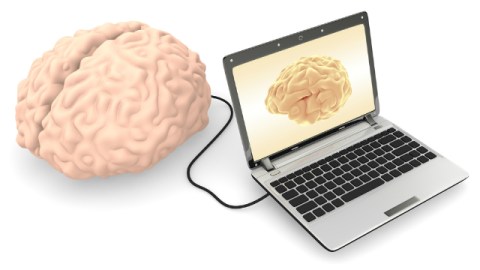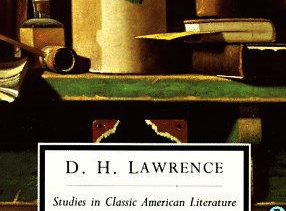Are We Getting Smarter, Faster?

There’s a moment early in the first Matrix movie when Keanu Reeves’ character is rapidly fed massive volumes of knowledge via direct brain feed. In a matter of seconds – the flickering montage tells us – he has become a master of multiple martial arts.
We, the audience, can suspend disbelief because we intuitively sense that something analagous – if somewhat less seamless – is happening to us right now, in the real world.
For the past decade and a half since the commercial Internet was born, information has been streaming at us at an ever increasing rate from a rapidly proliferating multiplicity of sources. Now, in our second digitally-networked decade, we’re beginning to learn how to sift through this torrent of information and teach ourselves what we need to know in ways that are making Neo’s instantaneous education seem less and less like science fiction.
What we’re learning online
There are basically three kinds of knowledge we can acquire online: news, skills, and concepts. Realizing technology’s promise of accelerating our collective learning – of making us smarter, faster – is a matter of building the right tools, then using each to teach the form of knowledge it conveys most efficiently.
Facebook and Twitter, as we saw during the Arab Spring of 2011, are very good at conveying news in real time, as it unfolds. Sure, the pace and the crowdsourcing increase the likelihood of error, but inaccuracies are often corrected collectively, as new details emerge and users cross-reference sources of information.
Some skills are easier to teach online (at this point) than others. As Codeacademy has recently, convincingly demonstrated, a web-based platform can teach computer coding to just about anyone by explaining skills in bite sized chunks with immediate opportunities to practice, and by building upon them incrementally.
But how do you efficiently convey a complex concept like Relativity? How do you “get to the point” of Kant’s Critique of Pure Reason? There’s no definitive answer, but a number of promising recent developments. Khan Academy is a library of over 3000 video lectures on subjects ranging from physics to finance to history, all narrated by Salman Khan – a former tech entrepreneur who discovered his calling in online education. Khan Academy has inspired schools nationwide to “flip their classrooms” – assigning the web-based lectures as pre-class homework, and using class time to facilitate hands-on learning.
The Challenge, as Big Think sees it:
The conceptual knowledge we need to navigate our rapidly changing world is increasingly complex and interdisciplinary in nature. Yet in order even to remain afloat, we need to learn continually and more efficiently than ever before. To meet this challenge, Big Think strives to:
Compelling video, especially when supplemented by discussion, practice, and human interaction, is a powerful medium for conveying complex ideas. But pedagogical best practices and cognitive science suggest that briefer is better – videos should teach a single concept, and practice (including testing – an element, not the endpoint of the learning process) should immediately reinforce it.
Big Think is attacking the problem on several fronts simultaneously. We’re addressing the organizational question – identifying and classifying the ideas and skills that are essential to success in the 21st century, then interviewing the thinkers and doers best qualified to teach them. Because technologies and markets are evolving so rapidly, this is a real-time, ongoing process. In effect, we’re creating a flexible taxonomy of knowledge that can expand to accommodate the changing world.
Then there’s the delivery question. Our website is constantly evolving to make this knowledge more accessible, searchable, and efficiently transferable. On bigthink.com and in our EDge learning products, we’re incorporating increasingly sophisticated discussion and interactive learning tools to speed the acquisition of complex knowledge.
Measurement – the final frontier . . .
One of the advantages of online learning is that it allows for ongoing, rich data collection. The information users share about themselves through online discussion, test-taking, and other interactions provides a complex picture of how and what they’re learning. If processed intelligently, this “big data” can be used to tailor instruction to the learner’s needs. In other words, the tool learns from its users how to teach them better. It’s early days for measurement-based online instruction, but Big Think is learning best practices from some of the pioneers in the field.
There’s no question about it – the knowledge we need to engage in the world is becoming increasingly complex and interdisciplinary in nature. Yet in order to maximize our human potential we need – and we’re developing – tools that enable us to acquire knowledge more rapidly and more effortlessly than ever before.
Follow Jason Gots (@jgots) on Twitter
Image credit: Shutterstock.com





